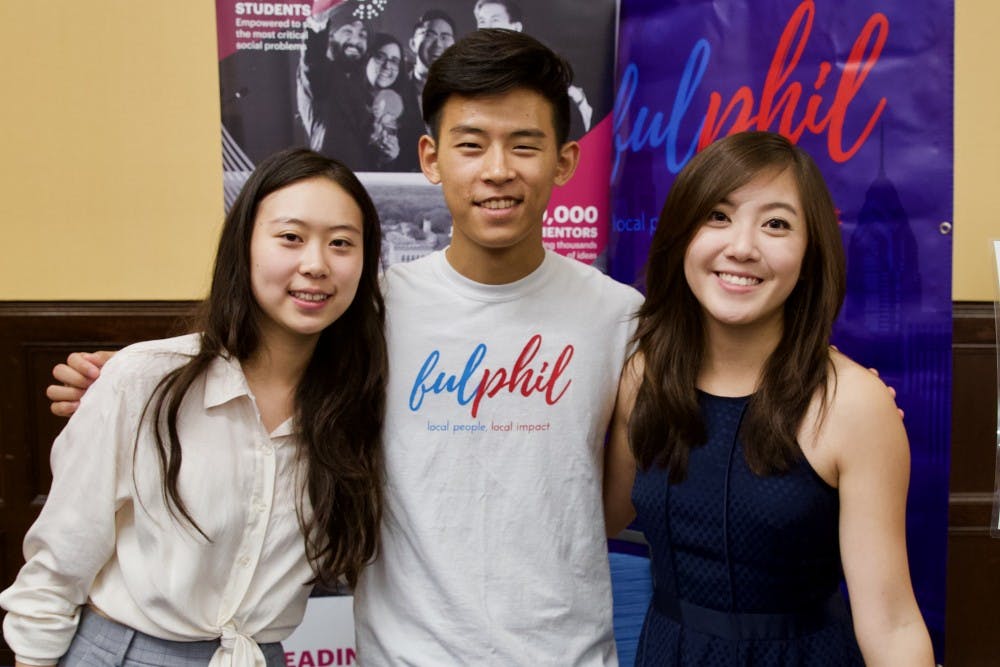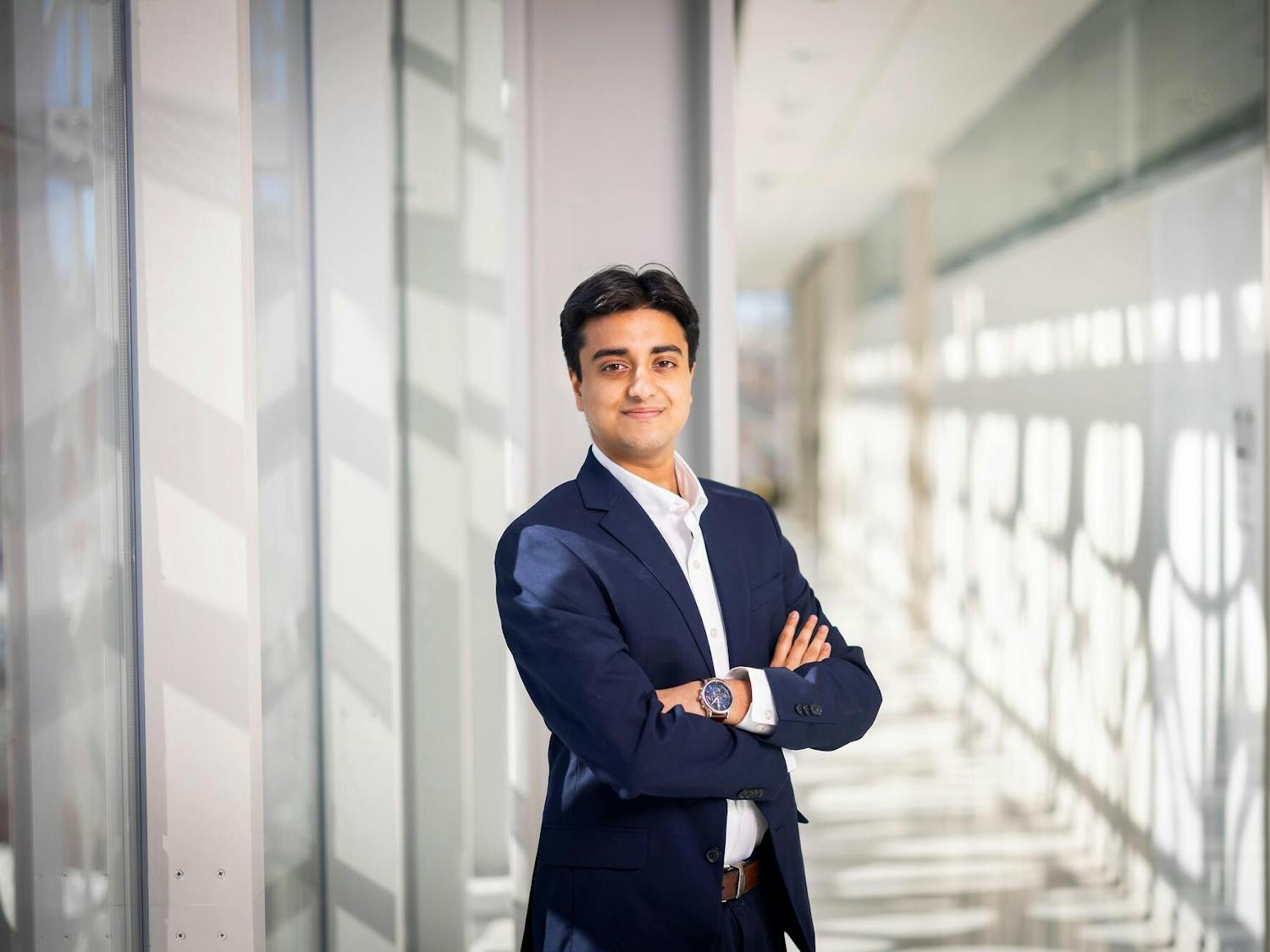A Penn graduate student aims to create social impact here in Philadelphia through her new startup Fulphil.
Tiffany Yau, a 2018 College graduate and current sub-matriculating graduate student in the School of Social Practice and Policy, has founded a startup that creates economic opportunities for impact-driven university students in Philadelphia.
Fulphil was founded in July 2018 with a vision to “create opportunities for Philadelphia’s students to pursue a career in impact, and to motivate young people to solve the city’s most pressing problems through social entrepreneurship,” Yau said.
Fulphil is specifically targeting the Mayor of Philadelphia Jim Kenney’s goals and how to best achieve them by 2035 through social entrepreneurship. These goals include developing a diverse workforce, improving educational opportunities, operating government efficiently, improving economic opportunities, and improving public safety.
Fulphil encourages students to participate in workshops where they pitch solutions to social problems. Fulphil participants could also work with local impact-driven companies through internships. Students may also attend speaker events where they can engage with successful social entrepreneurs, Fulphil's Penn campus ambassador and College sophomore Sarah Kim said.
Yau is also the founder of Hult Prize Ivy, an organization that recruits students on Ivy League campuses to compete for the Hult Prize, a competition that crowdsources ideas to create social impact.
Last year, Hult Prize Ivy gathered students with ideas on harnessing the power of energy to help people in developing countries, with the winning prize being a device that could automatically turn lights on or off when people enter or leave a room.
Yau’s experiences with Hult Prize demonstrated her passion in social impact and motivated her to create impact in specific cities on micro levels.
“A lot of people come to Philadelphia to get an education, but they’ll leave and go somewhere else to work instead of giving back to the city,” Yau said. “There’s just something not right about that.”
Yosub “Joe” Lee, a sophomore at Temple University studying finance and management information systems, said he got involved with Fulphil because he was drawn to Fulphil’s dynamics. Instead of immediately joining a more developed company, Lee wanted to have the experience of working with a startup. He is currently the regional program manager and oversees Fulphil’s operations on all university campuses.
Fulphil now has chapters at Penn, Pennsylvania State University, Eastern University, and Haverford College. Fulphil is currently developing chapters at Temple University, Drexel University, La Salle University, Villanova University, and Pierce College.
Fulphil’s annual operations will be split into three phases. The first phase, “City of Empowerment,” works on grassroots levels in hopes of engaging as many students as possible on Philadelphia’s university campuses. The second phase, “City of Innovation," urges students to create their own ideas, while the final phase "City of Impact" develops social enterprises through potential fellowships and internships.
Fulphil’s recruitment process is split into two approaches. The first is a top-down approach, in which Fulphil will target university leaders in order to spread awareness through them. The second is a bottom-up approach, in which Fulphil will recruit through student organizations on university campuses.
The start-up will host its first event in November, which will be a "mini-pitch" competition for students, with student leaders and judges. WeWork and Red Bull will co-host the event.
Yau said she hopes lots of people will participate so they understand the value of making a difference.
“If you just impact one person, then you did your job. Because this one person will go on to impact more people. This is a movement we’re building,” Yau said. “Once you realize the difference you can make, you can’t un-realize it.”









